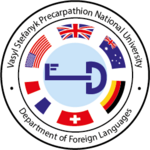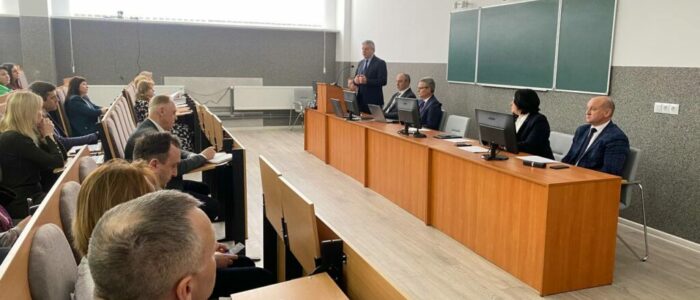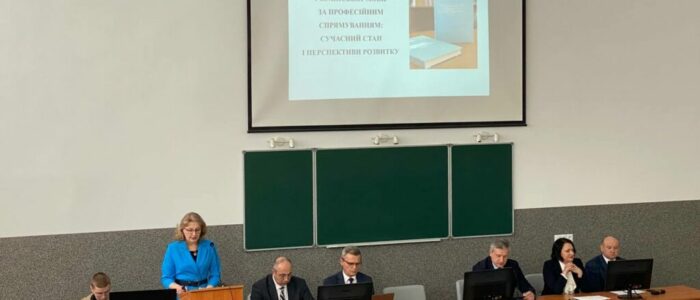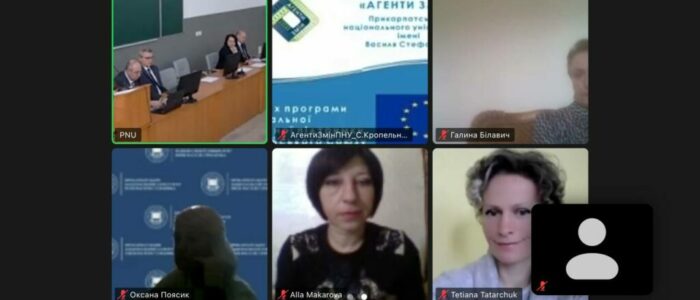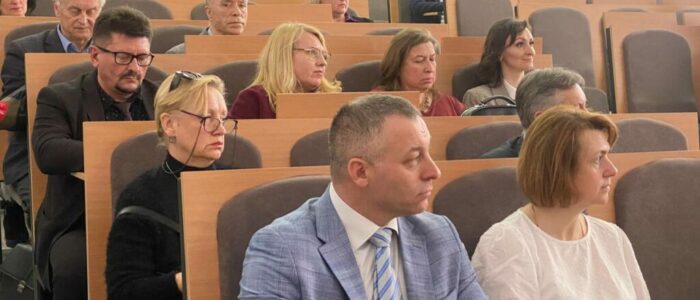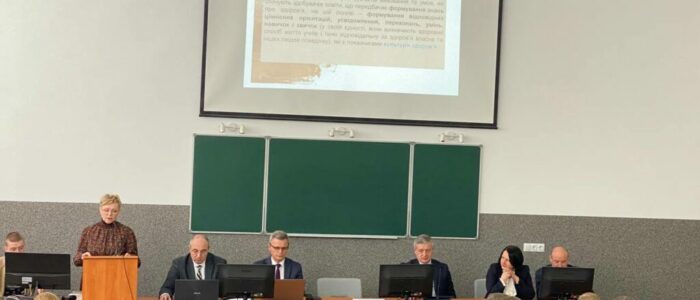Today, April 1, the University traditionally reviewed its scientific activities for 2023. The plenary session of the reporting scientific web conference for teachers, doctoral students, graduate students, and university students was conducted.
The Rector of the Precarpathian National University, Ihor Tsependa, inaugurated the conference with an introductory speech.
‘Dear colleagues, I extend my congratulations to all on the commencement of our reporting scientific conference! This event is significant for our university, as science sets us apart among higher education institutions in Ukraine. It is essential for everyone to recognize their educational institution’s place in the scientific community. In recent years, thanks to our dedicated scientists working systematically on their topics, we have achieved considerable success. They have established robust scientific schools that address issues making us stand out among Ukrainian universities and gaining recognition from our European and global colleagues. Today, our challenges are even greater. We aim to maintain our position in the top ten and seek strong partners, primarily in the EU, striving for quantity to evolve into quality. We are committed to supporting those eager to work and those at a crossroads. I urge everyone to engage with the university’s processes and set clear goals that will drive further scientific advancements,’ stated the rector.
Subsequently, as part of the plenary session’s agenda, presentations were delivered by university scholars – Doctor of Pedagogical Sciences, Associate Professor, Professor of the Department of Primary Education at the Pedagogical Institute, Iryna Humeniuk, on ‘Methodology of Teaching the Ukrainian Language for Professional Purposes: Current State and Prospects for Development,’ and Doctor of Pedagogical Sciences, Professor of the Department of Primary Education, Larysa Slyvka, on ‘Health Care Education of Secondary School Students in Poland (20th – Early 21st Century): Theory and Practice.’
During the reports’ discussion, conference participants highlighted the relevance of the topics, the processes of problem evolution, and their solutions. Through productive interactions and idea exchanges, the scientists significantly contributed to the broader understanding of scientific work’s key aspects. This conference marked an important milestone in strengthening the university’s scientific community and will aid in advancing scientific research activities further.
From April 2-4, plenary sessions of sections and meetings of sub-sections will take place in educational units. April 5 will feature the final meeting of the section heads.
